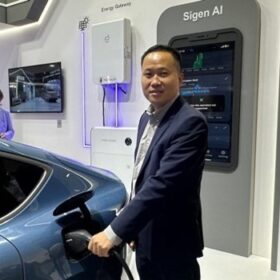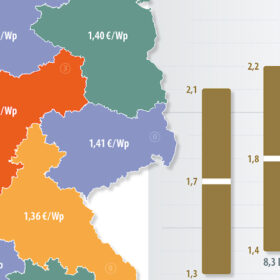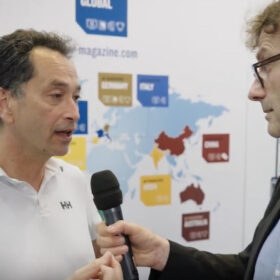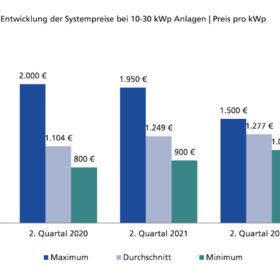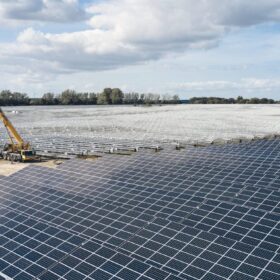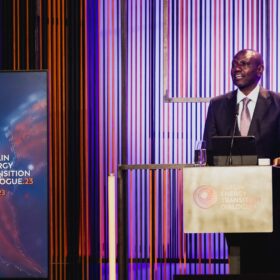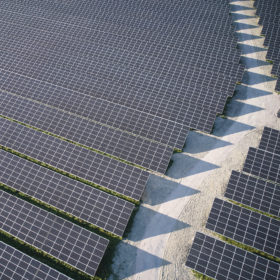Key takeaways from SolarPower Europe Summit
More than 500 solar leaders met in Brussels this week for the SolarPower Europe Summit to discuss energy flexibility and EU policy. The EU energy chief said the Affordable Energy Action Plan could save €2.5 trillion ($2.7 trillion).
Solarwatt launches new inverters, batteries
Solarwatt has launched six new inverters and batteries as part of its Solarwatt Home line and outlined its future strategy. The German company, currently in transition, recently closed its solar module plant in Germany and announced staff reductions.
Sigenergy wants to conquer the commercial photovoltaic storage market with artificial intelligence
Sigenergy has been active in Germany since 2023 and was one of the first companies to present a bidirectional DC wallbox that is integrated into a photovoltaic storage system. Co-founder and CTO Samuel Zhang talks about Sigenergy’s story and its plans in expanding into the commercial market, integrating AI into their systems and the future of vehicle-to-grid technology. According to its own statement, the company, is now valued at 600 million euros.
More PV installers looking for orders, system prices under pressure
This year is ending with a new record, but installation companies are looking for orders again, says Tim Rosengart, managing director of the Selfmade Energy supply platform. His figures show how falling module prices and the new market situation are putting pressure on PV system prices.
Intersolar 2023: ‘There’s a clear business case for green hydrogen in Europe’
Christian Pho Duc, CTO of Smartenergy, spoke with pv magazine at Intersolar 2023 about the recent EU decision to remove uncertainties over the production and use of green hydrogen, as the European Union has finally defined criteria for solar-powered electrolyzers. He stressed the importance of the new targets, under which the industry will have to buy 42% of its hydrogen from clean sources by 2030.
Germany’s average residential PV prices rose by 10% to €1,557/kW in Q2
According to EUPD Research figures, PV system prices for single-family homes in Germany rose slightly in the second quarter of 2023. Despite falling module prices, analysts do not expect costs to fall significantly in the coming months. Prices also depend heavily on installation context, component selection, and region, which is why price comparisons with average figures, such as those used by Enpal in emails to private households, are not particularly meaningful.
Enerparc COO signals 10-20% potential increase in European PV module prices
Growing interest in European-made solar modules for rooftop systems and PV plants reflects a willingness to increase investments, according to Enerparc COO Stefan Müller. In a recent interview with pv magazine, Müller discusses the market for corporate power purchase agreements (PPAs) and the viability of German solar PV tenders.
Missing investments jeopardize energy transition, says IRENA
The International Renewable Energy Agency (IRENA) told Berlin Energy Transition Dialogue participants this week that $5.4 trillion of annual investment is needed to support the global shift to renewables. Kenyan President William Ruto, meanwhile, called for a fair energy partnership between Europe and Africa.
Israel may lift land restrictions for large-scale solar
Policymakers in Israel are trying to create better conditions for large-scale solar projects. Land for ground-mounted facilities is still limited to 2,000 hectares, which equals 2 GW of installed capacity.
Weekend read: A game of risk
The rising popularity of “baseload” power purchase agreements (PPAs) has posed questions to solar electricity suppliers in the German market. How can projects that do not generate at night, and with wide seasonal output variation, effectively supply constant power to consumers? More importantly, who shoulders the price risk?


